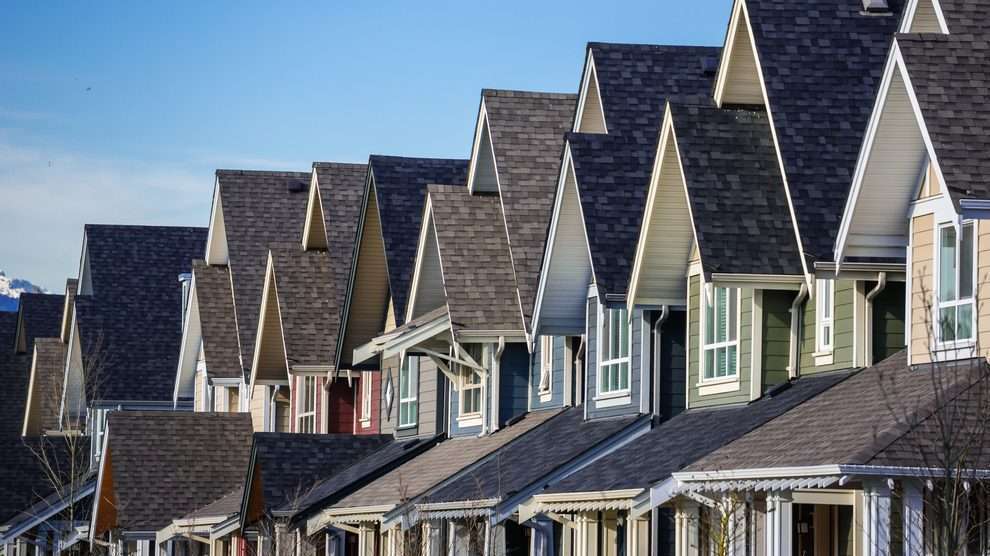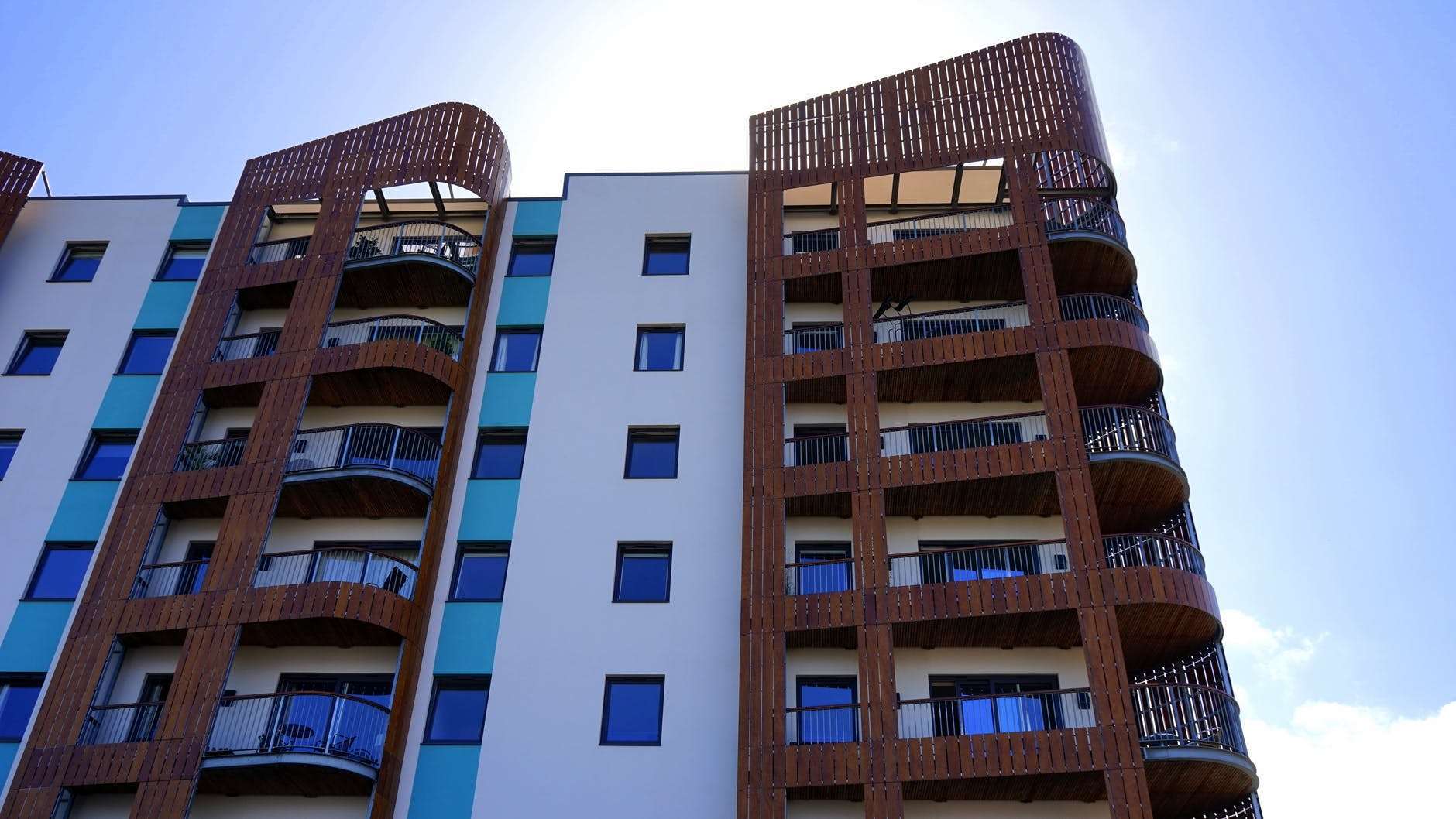eXp Commercial is one of the fastest-growing national commercial real estate brokerage firms. The Chicago Multifamily Brokerage Division focuses on listing and selling multifamily properties throughout the Chicago Area and Suburbs.
Tuesday, July 26, 2022
New Listing! Fully Occupied 23-Unit Multifamily Portfolio Kankakee IL
630.474.6441 | rtaylor@creconsult.net
Price: $995,000
Cap Rate: 7.35%
How the Current Real Estate Market is Affecting 1031

JTC Americas’ Justin Amos explains how investors are responding to market realities in order to successfully complete tax-deferred exchanges in 2022It’s been impossible to ignore news reports that home prices have surged in the US as we emerge from the COVID-19 pandemic. With fewer homes on the market, rising interest rates, and supply chain issues slowing construction, demand is exceeding supply, and many are not anticipating a significant drop in prices soon.
These issues affect anyone buying or selling a home, but add further complications for those looking to execute a Section 1031-like-kind exchange, where property owners must sell a relinquished property and purchase replacement property in the same 180-day period in order to qualify for tax deferral. How should those hope to execute an exchange alter their strategies based on the current market?
We asked Justin Amos, National Sales Manager & Account Executive and 1031 Specialist at JTC Americas, about how investors are adjusting to this unique time in the real estate market, how successful exchanges are being completed in today’s climate, and what those hoping to perform a like-kind exchange should know in order to be prepared.
Have 1031 exchanges been taking longer because of the difficulty in securing a replacement property?
Amos: Just the opposite, actually. Exchangers are more prepared going into the transaction. Knowing that inventory is scarce, they are negotiating on the replacement properties prior to closing on the relinquished. We have seen most exchanges complete within 30-45 days.Are seasoned investors identifying more replacement properties because of the likelihood that one or more will fall through?
Amos: We are always recommending and coaching clients to use all the given slots allowed for identification. That way the exchanger has the best opportunity for success in completing the transaction. As highlighted in the previous answer, most exchangers are coming in more prepared, so we haven’t seen them identify more properties. Instead, with the properties they do identify, they feel confident they could close on one or multiple of them to meet their exchange requirements.Do reverse exchanges become more attractive in a competitive real estate market?
Amos: They definitely do. We have seen more and more exchangers ask about the reverse exchange option due to the competitive and low-inventory real estate market we are in. Exchangers feel more confident in the ability to sell a property than they do in finding one that meets their investment criteria within the 45-day identification period. With a reverse exchange, the replacement property is purchased first. So you’re taking care of the difficult part at the outset with the confidence that once you do, it will be easier to sell the relinquished property due to the high demand right now.
This is why a reverse exchange becomes intriguing, but that doesn’t mean it’s right for everyone. Often, exchangers are planning to use the funds from the sale to make the replacement purchase, which means they don’t have the excess capital up front to make the acquisition prior to selling. With interest rates trending upwards, this could make securing lending a lot more challenging for your average investor, especially if they have debt on the relinquished property that needs to be paid off.How might a reverse exchange help an investor avoid the crunch of finding a replacement property within the time frame?
Amos: It helps an investor by securing the property they would like to purchase first. The exchange timeline remains the same, at 180 days, but now it’s 180 days to sell the relinquished property. In a seller’s market, this could be considered a smoother process.However, there are some factors to consider before deciding to go down that path: there are more complexities involved with a reverse exchange. For instance, it requires the creation of an entity (SMLLC) to hold title throughout the exchange until the relinquished property is sold. In addition, it is far more expensive to the exchanger to facilitate. Always consult with your tax counsel to understand your specific tax liabilities before deciding to perform a 1031 exchange.
Select the best QI for your exchange
With more than 30 years of experience as a Qualified Intermediary and tens of thousands of successful transactions, JTC Americas is the nation’s most trusted 1031 exchange accommodator. Our team has expertise in all manner of exchange scenarios, including both forward and reverse exchanges. If you’re considering a 1031 exchange, talk to a JTC Americas representative today.
Monday, July 25, 2022
From desperate times come desperate renters Especially in Suburban Chicago

Newcomers seeking warm weather, topped off by a sea of remote workers, have made Florida the most sought-after region by renters this year. But developers are struggling to keep up with the new wave, putting apartment seekers in a tight spot.
Of course, Florida renters aren’t the only ones to experience this. It’s happening across the U.S — and Suburban Chicago shares the list with Florida as one of the most competitive markets at No. 15, based on a new report by RentCafe.
This isn’t surprising. Competition among home-hungry renters has been especially fierce due mostly to high occupancy, low supply, and record-high lease renewal rates.To break it down, Suburban Chicago reached a record-high occupancy rate of nearly 96%.
One-third of renters decided to move into a new apartment during the year, while 68% of people renting in Suburban Chicago chose to stay put and renew their leases, further contributing to the limited housing options for prospective tenants.
And for the lucky ones who did find an available unit in the area? There were, on average, 18 apartment seekers applying for it.Unfortunately, this news is only followed by more not-so-great news…for renters.
RentCafe said Suburban Chicago is far from meeting demand, as it increased its apartment stock by only 0.3% in the first half of the year. Things in Urban Chicago, by comparison, are hardly better. Occupancy rates reached nearly 94%, the average number of prospective renters applying for one available unit being 12. Moreover, 56.5% of renters renewed their leases in the first part of the year, and the share of new apartments increased by 0.95%.Other Midwest cities to make RentCafe’s list include Grand Rapids, MI, Milwaukee, WI, and Omaha, NE.
U.S. wide, RentCafe found that, in June, on average:- 14 renters competed for a vacant apartment;
- 35 was the number of days rentals were vacant;
- 0.7% of the available apartments were built in the first part of the year;
- 61.7% of renters renewed their leases in the first part of the year;
- 95.5% of apartments were occupied at the start of the rental season.
Sunday, July 24, 2022
Home price appreciation will normalize

Saturday, July 23, 2022
Mortgage applications falling creating more demand for rental properties

With rates lately rising, the real estate market is slowing, most notably for residential properties. As expected, growth is slowing as loans get more expensive, but the housing market remains robust. This shift leaves many people renting and has the potential to create more demand for rental properties.
Real estate investors who are looking for a place to park their money may want to consider commercial real estate. The market for commercial real estate is not as directly impacted by higher interest rates as the single-family market and, as a result, may provide a more stable investment. Of course, this all depends on the specific property and location, so it’s important to do your research before making any decisions.
https://www.creconsult.net/market-trends/mortgage-applications-falling-creating-more-demand-for-rental-properties/Friday, July 22, 2022
Just Sold! 21-Unit Multifamily Property Dixon IL

Dixon, IL, July 22nd, 2022 – eXp Commercial (NASDAQ: EXPI), the fastest growing national commercial real estate brokerage firm, announced today the sale of a 21-unit multifamily property located in Dixon, IL. The asset sold for a net sales price of $924,500.
The property is located at 1231 N Galena Ave in Dixon, IL The property consists of 21 multifamily rental units comprised of one studio apartment, ten one-bedroom units, nine two-bedroom units, and one three-bedroom two-bath unit.
The transaction was brokered and both Buyer and seller were represented by Randolph Taylor CCIM Senior Associate and Multifamily Investment Sales Broker with the Chicago-Naperville eXp Commercial office.
Randolph can be contacted at rtaylor@creconsult.net (630) 474-6441
How Can We Help You?
Are you looking to Buy, Sell, or Finance Multifamily Property?
Housing supply has continued to shrink

Growth in the housing market has slowed, but prices have not fallen. This is due in large part to a limited supply of single-family homes. Construction ground to a halt during the coronavirus pandemic and again when the supply of construction materials dried up.
The supply of homes hasn’t yet caught up to the demand for new housing, and it’s taking longer for buyers to find a home that meets their needs. In fact, it’s estimated that the US faces a shortage of roughly 5.5 million homes. Luckily, homebuyers are still willing to pay more than the list price when they do find a home that meets their needs. This is especially true in desirable neighborhoods and school districts.
The trend of rising prices and shrinking supply is expected to continue in the coming months as the economy reels from the impacts of inflation. Investors who are thinking about buying a property should do so soon to avoid paying too much. Those who already own investment properties should keep a close eye on market conditions and be prepared to make changes to their portfolios as needed.
https://www.creconsult.net/market-trends/housing-supply-has-continued-to-shrink/eXp Commercial Presents: The 2026 CRE Economic Outlook Navigating the 2026 commercial real estate landscape requires a strategy grounded in ...
-
Just Listed: Golf Sumac Medical Offices | Des Plaines IL Price: $3,900,000 SF: 35,245 Stories: 3 Occupancy: 82.3% Cap Rate: 9.63% * Stabiliz...
-
REGISTER TODAY The Commercial Real Estate Symposium will provide junior and senior agents and brokers with valuable insights ...
-
🚨 Office Condo For Sale – Bartlett, IL 📍 802 West Bartlett Road, Bartlett, IL 60103 💰 Listed at $299,900 Unlock the opportunity to own a ...